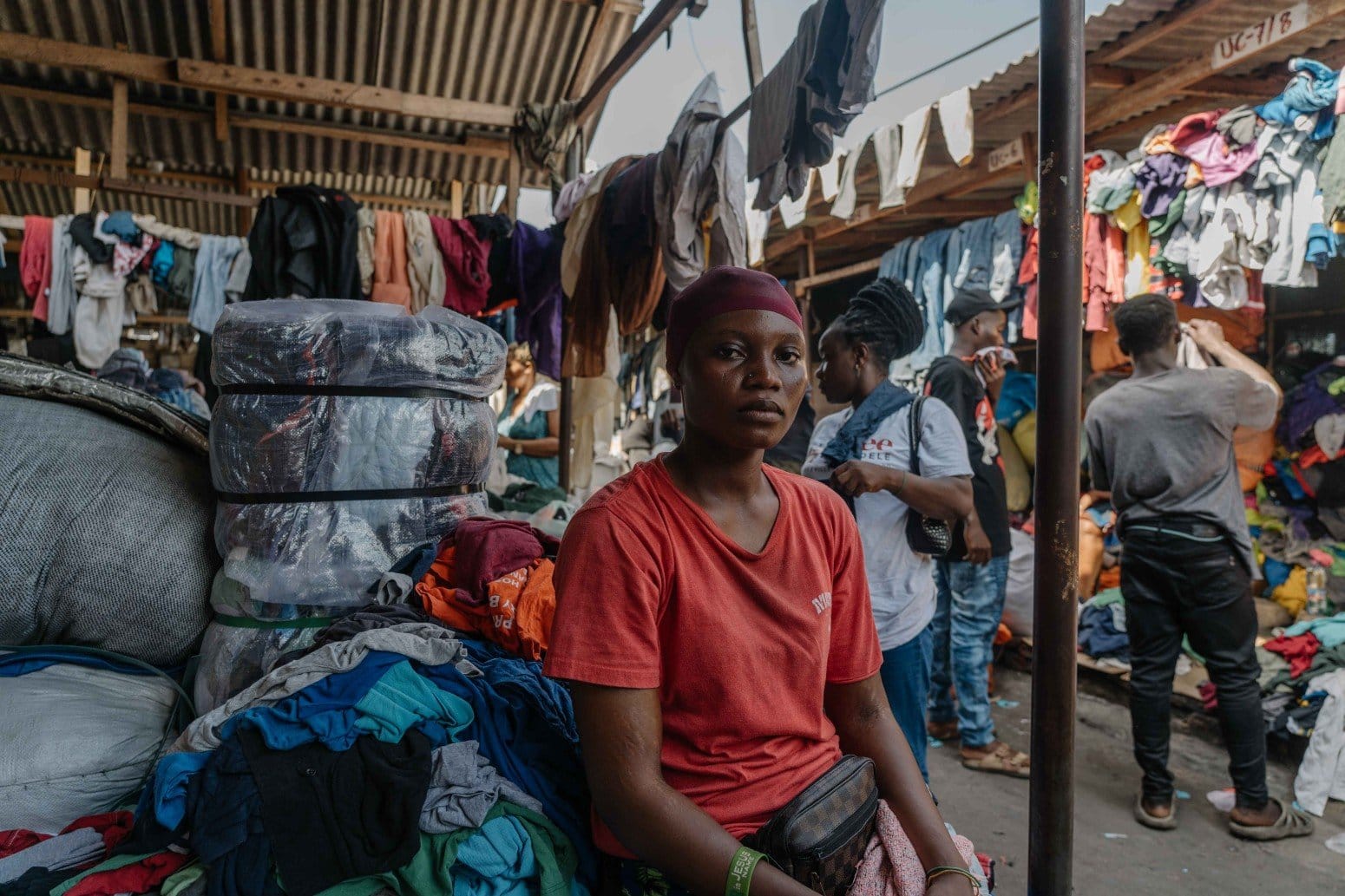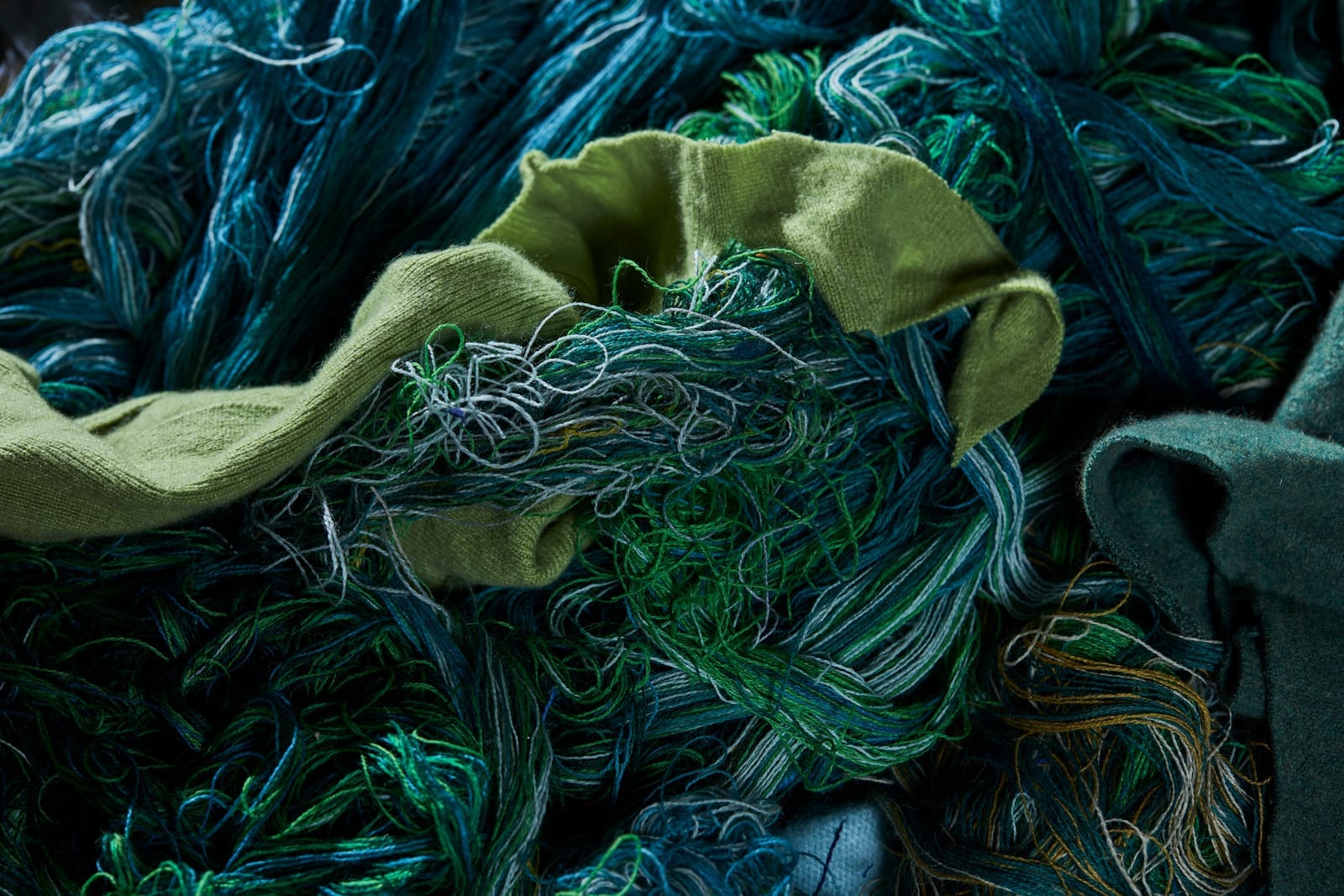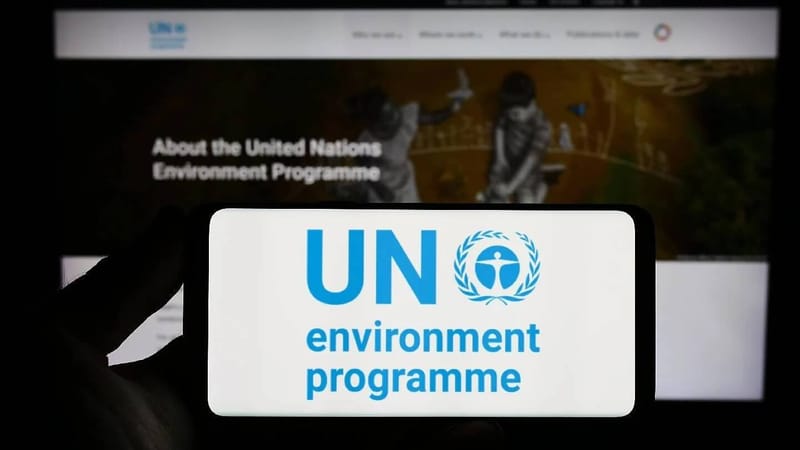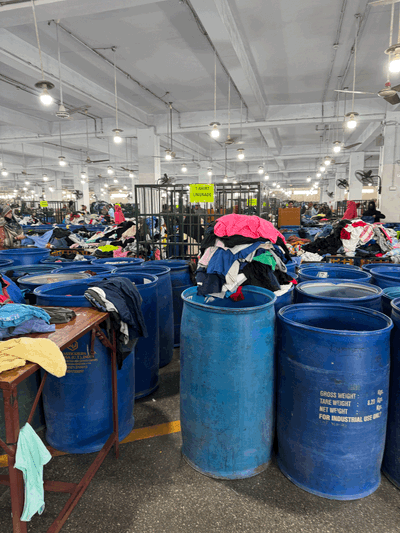When a coalition representing the second-hand clothing and textile recycling industries across Africa, Asia, Europe, and North America issues a public call to the United Nations, it signals a critical moment in global sustainability policymaking. The group — which includes the Ghana Used Clothing Dealers Association, Recycling Europe, and SMART — has written to the United Nations Environment Programme (UNEP) urging it to ensure full transparency and independent scrutiny in its “Circularity and Used Textile Trade” project, funded by the European Commission.
Jessica Franken, Head of Government Affairs at SMART, told Circulaire Journal that the decision to speak out came at a pivotal stage. “UNEP’s project has reached a critical juncture: the final consultation has concluded, and the agency is preparing to finalise its global guidelines,” she explained. “SMART and its partners felt it was essential to raise concerns at this stage — before those guidelines are finalised and begin influencing national policies and trade frameworks.”
Franken emphasised that the coalition’s intervention was not confrontational but constructive. “Our intent is to help ensure UNEP’s important work proceeds on a transparent, evidence-based foundation, with balanced representation from all stakeholder groups, including those directly engaged in textile collection, sorting, and reuse,” she said.
At the centre of the coalition’s concern lies UNEP’s reliance on what Franken described as “unverified or incomplete” data. “Several of the figures cited in UNEP’s work — particularly those suggesting that large portions of second-hand textiles are waste — are inconsistent with established, peer-reviewed research and on-the-ground evidence from multiple regions,” she said. “Key data points have been presented without disclosure of underlying methodologies, such as how samples were selected, how ‘waste’ was defined, or what analytical methods were used to validate results.”
She added that no independent verification or peer review appeared to have been conducted. “These gaps make it impossible to assess the reliability or representativeness of the findings and risk creating an inaccurate foundation for global policy guidance,” Franken noted.

The consequences of that, she warned, could be far-reaching. “Relying on unverified or incomplete data risks creating global guidelines that are disconnected from real-world conditions,” she said. “If inaccurate assumptions about ‘waste’ become embedded in policy, they could unintentionally restrict legitimate trade, disrupt livelihoods across the reuse and recycling chain, and undermine circular-economy goals by discouraging the very reuse these policies aim to promote.”
SMART’s message is clear: sound data and transparent research methods are essential to building fair, credible, and effective circular policies. “Robust, transparent, and peer-reviewed data are critical to ensuring that international guidance supports both environmental integrity and the economic and social systems that make textile circularity work in practice,” Franken said.
Equally concerning, according to the coalition, is the lack of meaningful engagement with those most affected by UNEP’s findings. “While UNEP did hold workshops and circulate a survey, the process moved very quickly,” Franken told Circulaire Journal. “Many of the stakeholders most directly affected — such as local collectors, traders, and small-scale recyclers — were not meaningfully engaged or given access to draft materials in time to provide informed feedback.”
She added that participation was often dominated by “a small circle of familiar voices,” leading to the perspectives of those working daily in the reuse and recycling economy being “under-represented or overlooked entirely.”
The issue of research independence has also raised red flags. The coalition points out that UNEP’s research partner in Ghana has close links to a major ultra-fast-fashion brand — a company whose business model conflicts with textile reuse. “Even if the research was conducted in good faith, those relationships create a clear perception of bias,” Franken said. “They raise legitimate questions about whether the findings were shaped by commercial or ideological interests rather than neutral science.”

Franken stressed that SMART’s advocacy is rooted in alignment with environmental goals, not opposition to them. “SMART’s position is that environmental protection and trade in second-hand textiles should work hand in hand,” she explained. “Reuse is one of the most effective ways to reduce the environmental footprint of clothing — it keeps textiles in circulation longer and delays the need for new production.”
“Our goal isn’t to oppose regulation,” she continued. “It’s to ensure it’s based on sound science, transparent data, and inclusive consultation. That’s why the letter commends UNEP’s broader circularity goals while urging a more rigorous and balanced approach — one that credibly distinguishes used goods from waste and supports both sustainability and the livelihoods that depend on reuse.”
In pursuit of this, SMART and its partners have formally requested that UNEP release all methodologies, data sources, and definitions used across the four countries in the project’s scope. “Transparency and peer review are essential to ensure that the project’s conclusions are credible and widely accepted,” Franken said.
For Franken, the stakes go beyond the textile sector. “The way this issue is handled will set an important precedent for how ‘circularity’ is defined and measured globally,” she said. “If the data and definitions behind new guidelines lack rigour or inclusivity, there’s a real risk that legitimate reuse could be misclassified as waste, undermining both environmental goals and the livelihoods that depend on textile recovery. But if the process is transparent, evidence-based, and independently validated, these guidelines could instead become a powerful driver of genuine circularity — one that keeps textiles in use longer, reduces the need for virgin production, and supports sustainable economic opportunity worldwide.”

Asked what an inclusive and transparent consultation process would look like, Franken was direct. “It would begin with pausing further advancement of the draft guidelines until the underlying data and methodologies can be independently validated,” she said. “UNEP should publish its research methods, datasets, and definitions so they can be openly reviewed and tested by independent experts. Most importantly, it should actively engage regionally grounded practitioners — the collectors, sorters, and traders who understand how reuse markets actually function.”
Franken also emphasised the role of policymakers in ensuring that global circularity frameworks are fair and evidence-based. “The European Commission should use its leadership role to press UNEP for full transparency, rigorous peer review, and genuine inclusion of practitioners in the process,” she said. “Only by anchoring global criteria in sound evidence can we prevent well-intentioned guidelines from penalising legitimate reuse markets that are vital to circularity.”
If UNEP does not substantively address these concerns, Franken said SMART and its partners would maintain constructive engagement but continue to raise awareness. “We would work with policymakers, independent experts, and other stakeholders to ensure that any future guidance is grounded in credible, transparent, and peer-reviewed evidence,” she explained.
Ultimately, SMART’s long-term vision is one of alignment between environmental sustainability and economic fairness. “We envision a future where global policies are grounded in rigorous, peer-reviewed evidence; where reuse is properly recognised as distinct from waste; and where circularity is strengthened by fair, inclusive, and transparent processes that protect both people and the planet,” Franken concluded.






